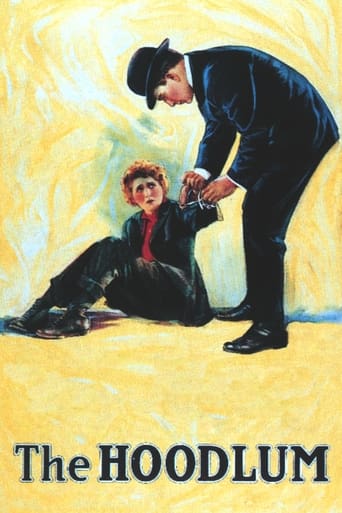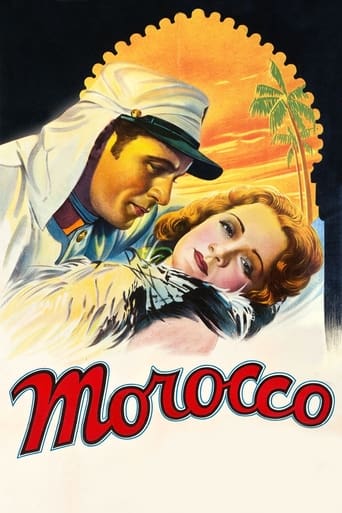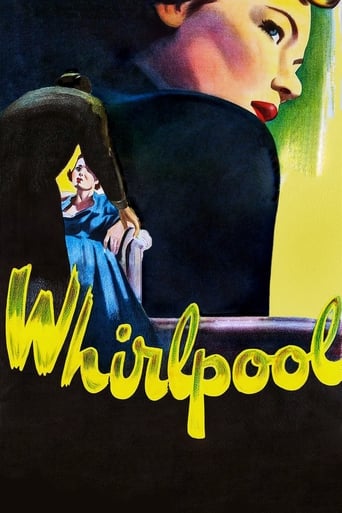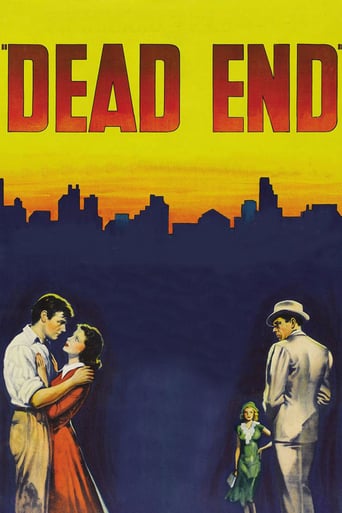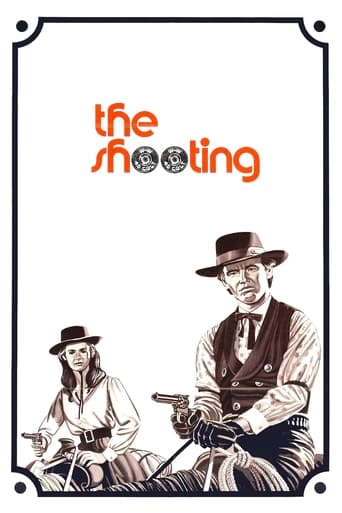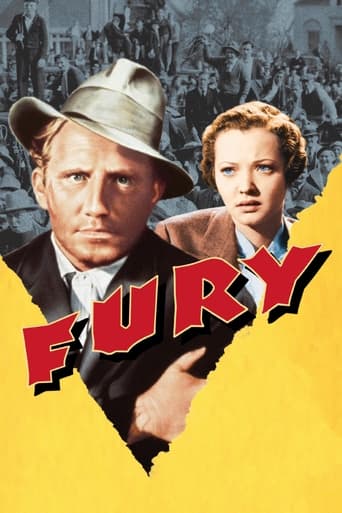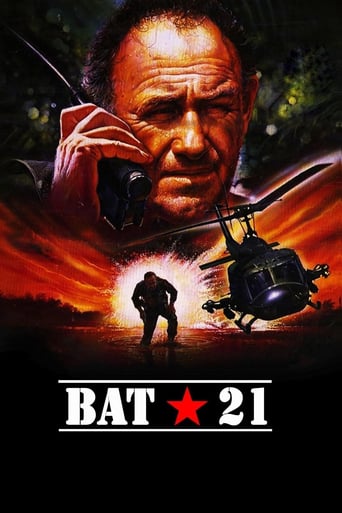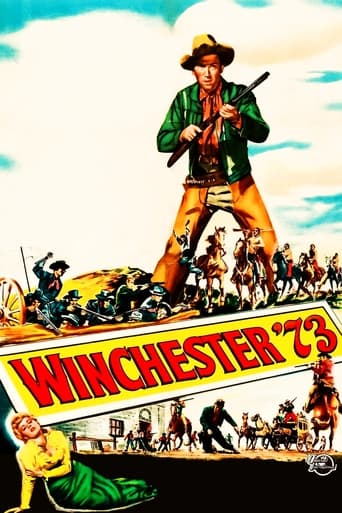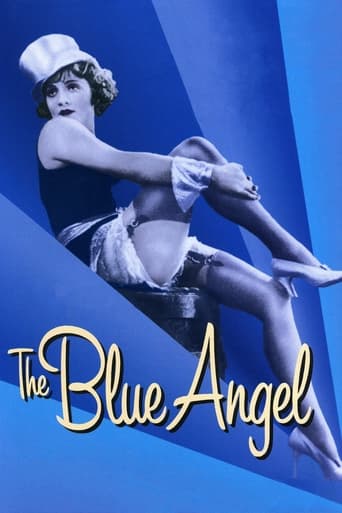


The Blue Angel
Prim professor Immanuel Rath finds some of his students ogling racy photos of cabaret performer Lola Lola and visits a local club, The Blue Angel, in an attempt to catch them there. Seeing Lola perform, the teacher is filled with lust, eventually resigning his position at the school to marry the young woman. However, his marriage to a coquette -- whose job is to entice men -- proves to be more difficult than Rath imagined.
-
- Cast:
- Emil Jannings , Marlene Dietrich , Kurt Gerron , Rosa Valetti , Hans Albers , Reinhold Bernt , Károly Huszár


Similar titles
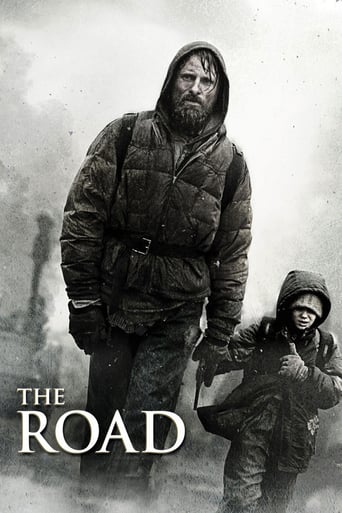
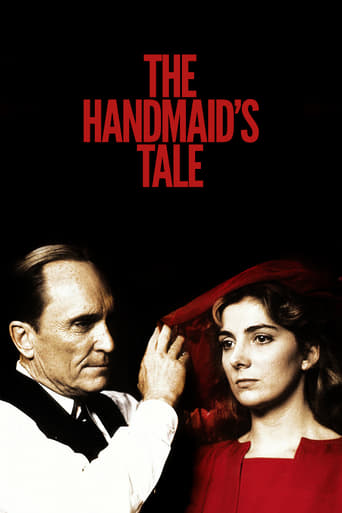
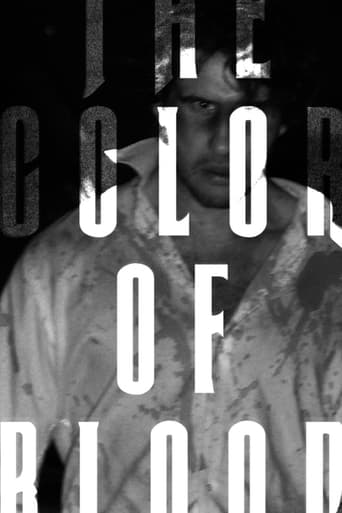
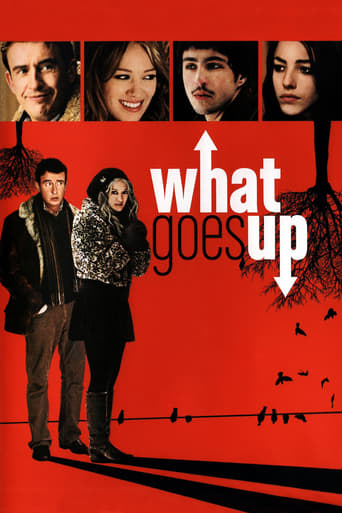
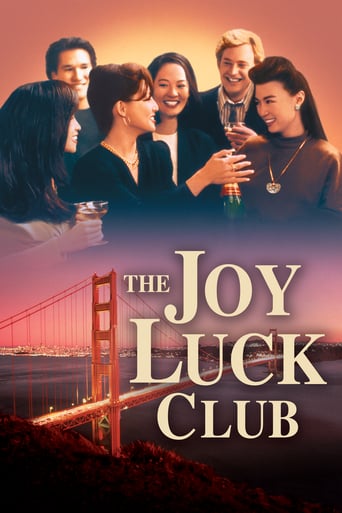
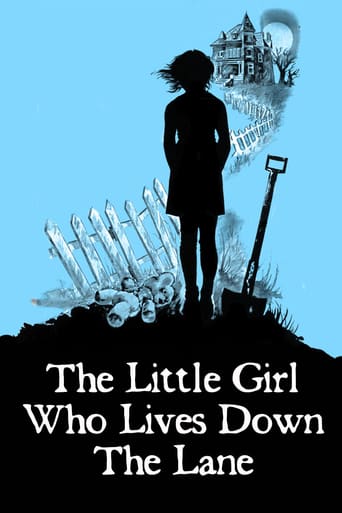
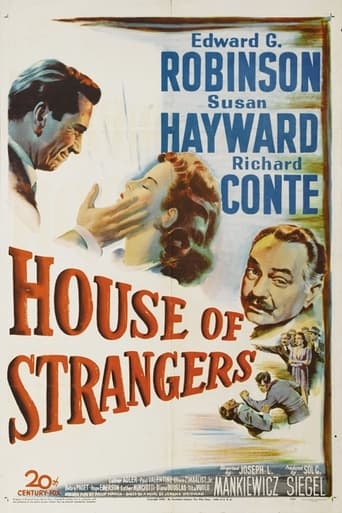
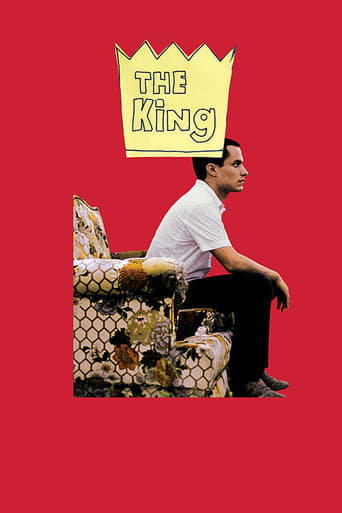
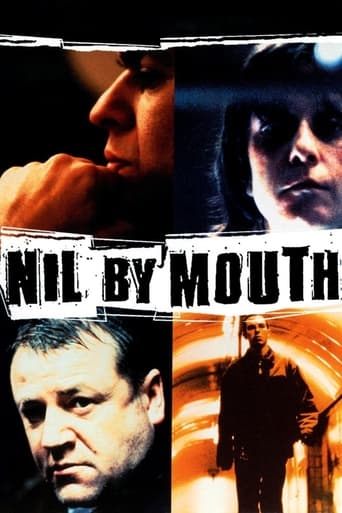
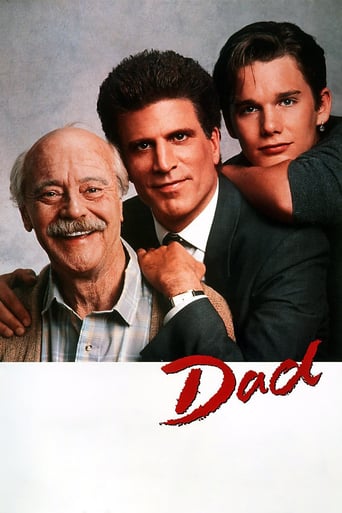
Reviews
good back-story, and good acting
Amateur movie with Big budget
The plot isn't so bad, but the pace of storytelling is too slow which makes people bored. Certain moments are so obvious and unnecessary for the main plot. I would've fast-forwarded those moments if it was an online streaming. The ending looks like implying a sequel, not sure if this movie will get one
The film's masterful storytelling did its job. The message was clear. No need to overdo.
"The Blue Angel" from 1930 made a star out of Marlene Dietrich and has a great performance by Emil Jannings. It's a very dark tale of obsession leading to degradation.The film is based on a novel by Heinrich Mann directed by Josef von Sternberg. It concerns a professor (Jannings) who goes to a club, The Blue Angel, where he learns his students go, and meets the hypnotic Lola (Dietrich). He falls in love with her, marries her, and starts down a road that leads to hell.This is a movie about images -- a dead bird, the magnificent Lola, Jannings as a clown, his descent into madness, his image in a mirror, and the final shot of him, utterly destroyed, at his old professor desk.This is German filmmaking at its best. Von Sternberg and Dietrich would head for America; Jannings, a Nazi collaborator, would stay put. Later Dietrich called him a "ham." He does give a big performance, but somehow, it isn't over the top. On a side note - Jannings was the winner of the first Academy Award, but in reality, he placed second. The winner? Rin Tin Tin. The Academy believed it wouldn't put them in a good light to give the award to a dog, so they denied Rin his award and gave it to Jannings instead. It's said he used to carry it with him.
THE BLUE ANGEL may have a hackneyed, quasi-melodramatic plot, but it is quite simply brilliant nonetheless. In her debut feature, Marlene Dietrich is both sexy and dominant; photographed in a variety of states of déshabillée by Von Sternberg, she come across as someone with an instinctive feel for the camera. Her songs are beautifully delivered, and her sheer presence within the frame is a delight. Emil Jannings is equally memorable as the gulled professor; in a film showing its origins in silent movies, he has a range of gestures and eye-work that are tremendously funny, especially in those sequences where he tries to keep his class of unruly students quiet, or when he tries yet fails to suppress his amorous feelings for Lola (Dietrich). The film's ending is both shocking and yet poignant, showing the depths to which humankind can be reduced once love gets in the way. When the Professor chases Lola for the final time, uttering the unearthly screams of a cockerel, we feel genuinely concerned for her safety. As with most UFA films of this period, THE BLUE ANGEL is distinguished by atmospheric lighting and use of shadows, especially in its portrayal of the seedy back-streets where the Blue Angel club is situated. Definitely a classic of its kind that stands up really well after eight decades.
"The Blue Angel" has a unique distinction among films that gives it historical significance. To my knowledge, it's the only movie made with three major actors from Germany who had such strikingly different destinies. Emil Jannings was a Nazi supporter, Marlene Dietrich fled the Nazis to America, and Kurt Gerron was killed by the Nazis in a concentration camp. In this film, Jannings plays Professor Rath, Dietrich plays Lola Lola, and Gerron plays the magician. The year before this film came out, Jannings became the first actor to win the best actor Oscar in the Academy Awards. He was an outstanding actor who befriended Nazi leaders and stayed in Germany during World War II. He continued to star in movies and made several propaganda films for the Nazis. With the end of the war, Jannings' career in films also came to an end. He died five years later at age 65 in Salzburg, Austria. This is the earliest look we have of the young starlet, Marlene Dietrich. She was 29 years when she broke into films. Unlike Jannings, Dietrich was one of many German stars who fled Germany and the Nazis in the 1930s. She would star in and make many movies in the U.S., and was a big supporter of the American troops and war effort. Kurt Gerron was a supporting actor on stage and in silent German films, and then a prominent performer and director in sound films through 1933. He was the first person to sing "Mack the Knife" by its original German title in the 1928 Berlin production of "The Threepenny Opera." Gerron was Jewish and fled Germany in 1933, first to France and then Holland. After the Nazis took The Netherlands, Gerron was sent to concentration camps. He wound up at Theresienstadt, the Nazi "show camp" in Czechoslovakia. After the phony-front camp passed an International Red Cross inspection that year, Gerron was forced to direct a documentary film of the camp for Nazi propaganda. When he finished work on "The Führer Gives the Jews a City," Gerron was sent to Auschwitz Concentration Camp in Poland where he was killed. He was just 47 years old. The war ended before the Nazis could use the film and it was destroyed in 1945. A small segment of the movie was discovered in Czechoslovakia in the mid- 1960s. I don't know how well "The Blue Angel" follows the German novel it is based on ("Professor Unrat" by Heinrich Mann), but this movie was puzzling in a number of places. A nagging question that I had at the end was "Why did Marlene Dietrich's character, Lola Lola, marry the professor? I suspect that the novel answered that question and that it added more to the pathos of the professor. Jannings plays the role well and is excellent as the forlorn lover. Even in this early German 'talkie,' Jannings' character is one of few words. So, we see more the facial expressions and the display of emotions that led to his receiving the first best actor Oscar in 1929. Jannings was one of the silent stars who had a huge persona in film that carried over into talking pictures. Many other actors were unable to make that transition. Some couldn't get away from the overacting that the silent films used in place of audio. Others didn't have good voices. In this film, the professor "falls for" Lola Lola when he sees her in the Blue Angel night club. The best word to describe his reaction is infatuation, because he is blinded to reality and circumstances. So, we see this man slip into the role of a lapdog and ridiculed, then fall into a man of hatred and despair. Dietrich's Lola Lola is what must have been typical of night club performers for that day, time and place. She obviously cared little about the professor, or anyone but herself, although she showed sweetness for the professor in the early scenes. The acting is mostly good all around, and the cinematography and scenes are excellent. But the film seems choppy in places. Other technical aspects suffer some. This is a good drama, but not a great film by any means. Still, it is a good look at the first best actor Oscar winner, the German starlet who would do well in the U.S., and a talented German performer and director who's career and life ended abruptly by death at the hands of the Nazis.
Von Sternberg's film is a wonderfully constructed piece of succulent and mellifluous tragicomedy. The fluently moving camera offers a beautiful sense of place, and especially the crooked pebble-stoned streets and leaning houses are the unforgettable epitomes of this film in my memory.Just as with Vigo's "L'Atalante" (1934), much of the film's power depends on us, as the audience, being able to fall in love with the lead actress. It certainly helps that the director did, and for once some knowledge of production enhances the experience: Umrat/Jennings as the jealous and passionate star, Dietrich as the object of desire not only of the boys but of the camera. I also really like the use of stairs, which clearly separate the differing worlds. I could definitely see this influencing "Zéro de conduite" (1933) and "Hets" (1944). The slow movement of the camera in the empty classroom after the crucial confrontation reveals one of the most touching visual moments I can think of (this is repeated later in an equally heart-breaking scene).I remember I was very young when I saw this for the first time. It made a lasting impression then, and I count it as one of the three films that ultimately made me fall in love with films to the extent that my thirst will never be quenched.

